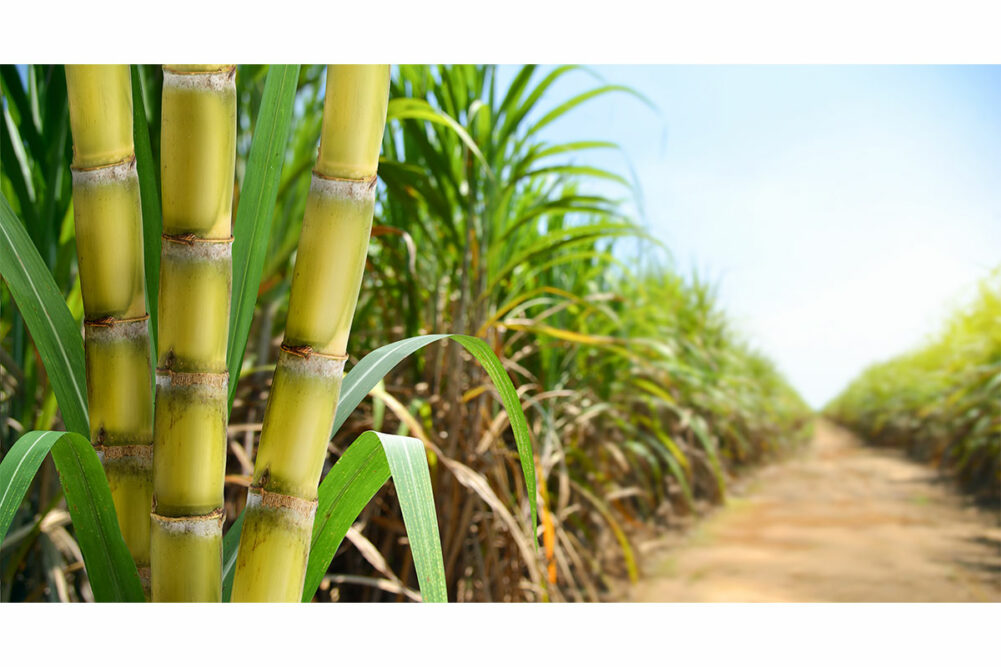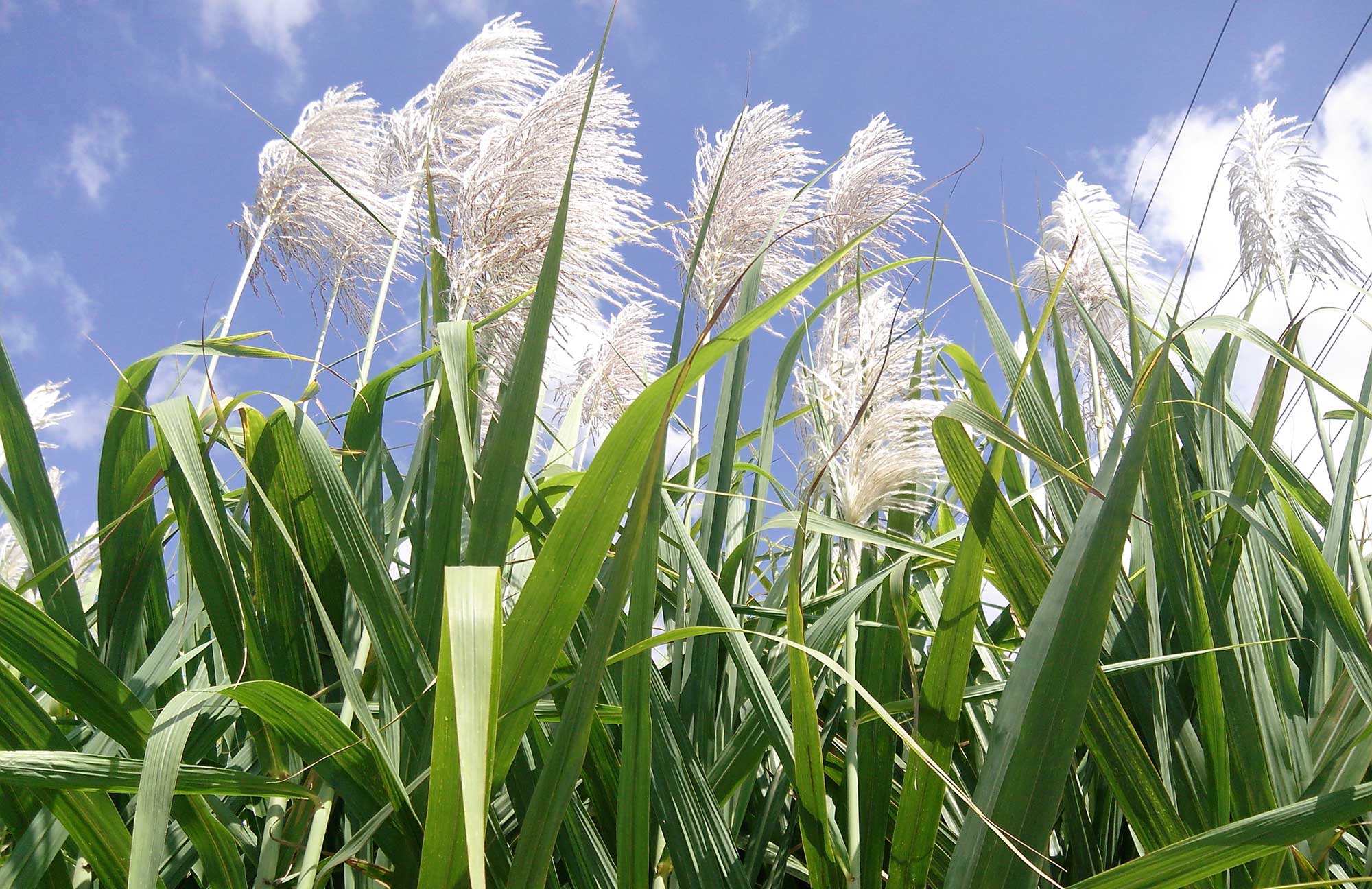How Cane Sugar Processing Chemicals Improve Sugar High Quality and Yield
The role of processing chemicals in walking cane sugar production is crucial, as they directly influence both the top quality and yield of the last product. By employing compounds such as lime and phosphoric acid, suppliers can efficiently eliminate pollutants and boost removal performance. In addition, the unification of turned on carbon and enzymes offers to enhance the break down of complex sugars, ultimately leading to a purer and higher-quality sugar. The details of exactly how these chemicals communicate within the processing setting raise questions about their lasting ramifications and prospective developments in the sector.
Introduction of Cane Sugar Handling
Walking cane sugar processing entails a series of crucial actions that transform raw sugarcane right into polished sugar items. The process begins with harvesting, where fully grown sugarcane stalks are cut and transported to refining centers. Upon arrival, the walking stick undergoes cleaning to remove pollutants such as dirt and plant materials.
Complying with cleaning, the cane is squashed to remove the juice, which has sucrose - sugar and cane. This juice goes through explanation, where lime and warm are made use of to remove continuing to be pollutants and non-sugar parts. The made clear juice is then evaporated to focus the sugar web content, bring about the formation of thick syrup
Following, the syrup is taken shape via a controlled cooling process, resulting in sugar crystals. To accomplish refined sugar, additional filtration actions are used, including washing, re-crystallization, and drying out.
The last item is either packaged as raw sugar or further processed into white sugar, dealing with various consumer and industrial requirements. This detailed series of steps makes certain the manufacturing of top quality sugar, vital for numerous applications in food and drink markets.
Key Processing Chemicals Used
The production of refined walking cane sugar depends on various handling chemicals that play substantial functions at different stages. This step is essential for boosting the general high quality of the extracted juice.
Phosphoric acid offers a double function; it enhances the explanation procedure and helps in the removal of color-forming substances, contributing to a greater purity of the last product. Additionally, sulfur dioxide works as a lightening agent, allowing for the efficient removal of undesirable pigments and enhancing the color of the sugar.
Various other significant chemicals consist of triggered carbon, which is used for further decolorization, and enzymes that promote the break down of intricate sugars into easier kinds, therefore boosting yield. The mindful selection and application of these handling chemicals are vital for optimizing the effectiveness of sugar removal and refining processes, inevitably leading to an extra consistent and better sugar product.

Influence On Sugar Quality
Exactly how do handling chemicals influence the quality of refined sugar? The intro of numerous chemicals in the cane sugar processing phase significantly enhances the pureness and total quality of the final product. Secret representatives, such as phosphoric acid and calcium hydroxide, promote the explanation procedure, effectively removing pollutants and colorants that can adversely impact sugar's look and preference. By counteracting undesirable parts, these chemicals aid achieve a higher level of decolorization, causing a more visually appealing and marketable item.
In addition, using triggered carbon and ion-exchange resins throughout the refining process plays an important function in getting rid of off-flavors and undesirable smells, adding to the sugar's sensory profile. This refinement not just raises the organoleptic and visual qualities but additionally enhances the shelf life by minimizing microbial task connected with impurities.
On top of that, the precise application of these chemicals makes certain that the sugar displays a consistent grain dimension and flowability, which are necessary qualities for both industrial applications and customer preferences. On the whole, the critical use processing chemicals is basic in achieving high-quality polished sugar that satisfies industry requirements and consumer assumptions.

Enhancing Return Performance
Enhancing yield effectiveness in walking cane sugar processing includes maximizing various stages of production to make best use of the quantity of sugar extracted from raw cane. One vital facet is the option and application try this site of ideal processing chemicals, which can help with the break down of cell walls and improve sugar launch throughout removal. Chemicals such as acids and enzymes play an essential duty in this procedure by hydrolyzing polysaccharides and dissolving pollutants, therefore enhancing the total extraction efficiency.

Routine surveillance and adjustment of handling parameters are crucial to preserve performance throughout production (sugar and cane). By utilizing these strategies, sugar producers can not just increase the quantity of sugar gotten however additionally reduce waste and reduced production costs, adding to an extra sustainable and successful sugar handling procedure
Advantages for Manufacturers and Customers
Cane sugar handling chemicals use considerable advantages for both customers and manufacturers, developing an extra sustainable and efficient industry. For producers, these chemicals enhance extraction processes, resulting in higher yields and enhanced sugar high quality. By enhancing the purification and condensation stages, they decrease waste and boost general efficiency, which can dramatically decrease manufacturing expenses. This effectiveness enables producers to stay competitive in a worldwide market defined by changing costs and demand.
The improved top quality of sugar translates to better taste and uniformity in food products. Furthermore, the usage of processing chemicals can lead to a much more stable supply of sugar, alleviating scarcities and price spikes that can happen due to ecological elements or market variations.
Verdict

The duty of handling chemicals in walking cane sugar manufacturing is pivotal, as they straight affect both the high quality and yield of the last item (sugar and cane). The incorporation of activated carbon and enzymes serves to enhance the malfunction of complex sugars, ultimately leading to a purer and higher-quality sugar.Cane sugar processing involves a series of crucial actions that transform raw see this sugarcane into polished sugar items.Enhancing yield performance in walking stick sugar handling involves maximizing numerous phases of manufacturing to optimize the quantity of sugar removed from raw cane.Cane sugar processing chemicals play a critical function in enhancing both sugar quality and yield